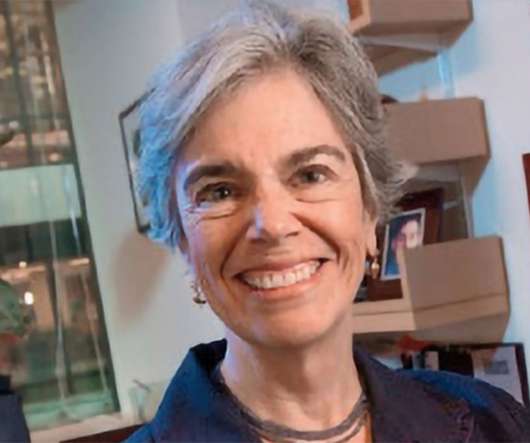Biased research, aggressive sales, harmful drugs
The Health Policy Exchange
MAY 20, 2013
Image courtesy of scienceblogs.com The original impetus for the development of the anemia drugs Epogen, Procrit, and Aranesp, which mimic the actions of the hormone erythropoietin, was to spare dialysis patients with severe anemia the inconvenience and risks associated with periodic blood transfusions. Could the FDA and other U.S.















Let's personalize your content